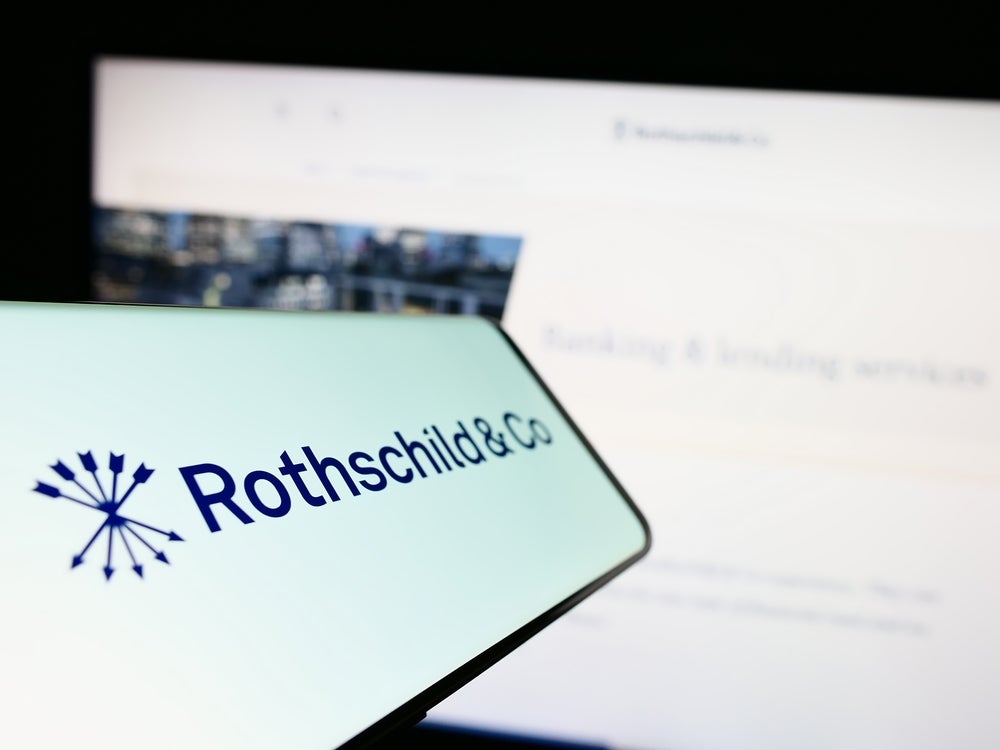Smartly, a Singapore-based robo-adviser owned by VinaCapital, is winding down owing to intense competition in the sector.
The digital advisory firm mulled the possibility to upgrade its core platform before coming to the closure option.
Its option to shutter down was ultimately guided by VinaCapital’s strategic corporate considerations.
“Competition in the digital investment advisory space is intense, and maintaining a high service standard on the platform has been challenging,” the firm confirmed.
A Vietnamese investment firm, VinaCapital snapped up Smartly last year.
The robo-advisory business was established in 2015 by entrepreneurs Keir Veskivali, Artur Luhaaar and Kentwell Kwok. It was targeted at Southeast Asian millennials.
How well do you really know your competitors?
Access the most comprehensive Company Profiles on the market, powered by GlobalData. Save hours of research. Gain competitive edge.

Thank you!
Your download email will arrive shortly
Not ready to buy yet? Download a free sample
We are confident about the unique quality of our Company Profiles. However, we want you to make the most beneficial decision for your business, so we offer a free sample that you can download by submitting the below form
By GlobalDataSmartly customers with more than S$100,000 ($69,036) in their accounts had to pay an annual management fee of 0.5%.
Customers with more than S$10,000 were charged 0.7%. Those having less than this amount were charged 1%.
Smartly has been facing competition from various fintechs including Stashaway as well as Kristal.
The competition in the space intensified with the entry of banks including OCBC and DBS.
In 2018, OCBC unveiled its robo-investment service OCBC RoboInvest.
Last year, DBS launched hybrid human-robo investment offering digiportfolio for retail investors.
Meanwhile, Grab recently forayed into the wealth management space with the takeover of robo-advisory firm Bento.







